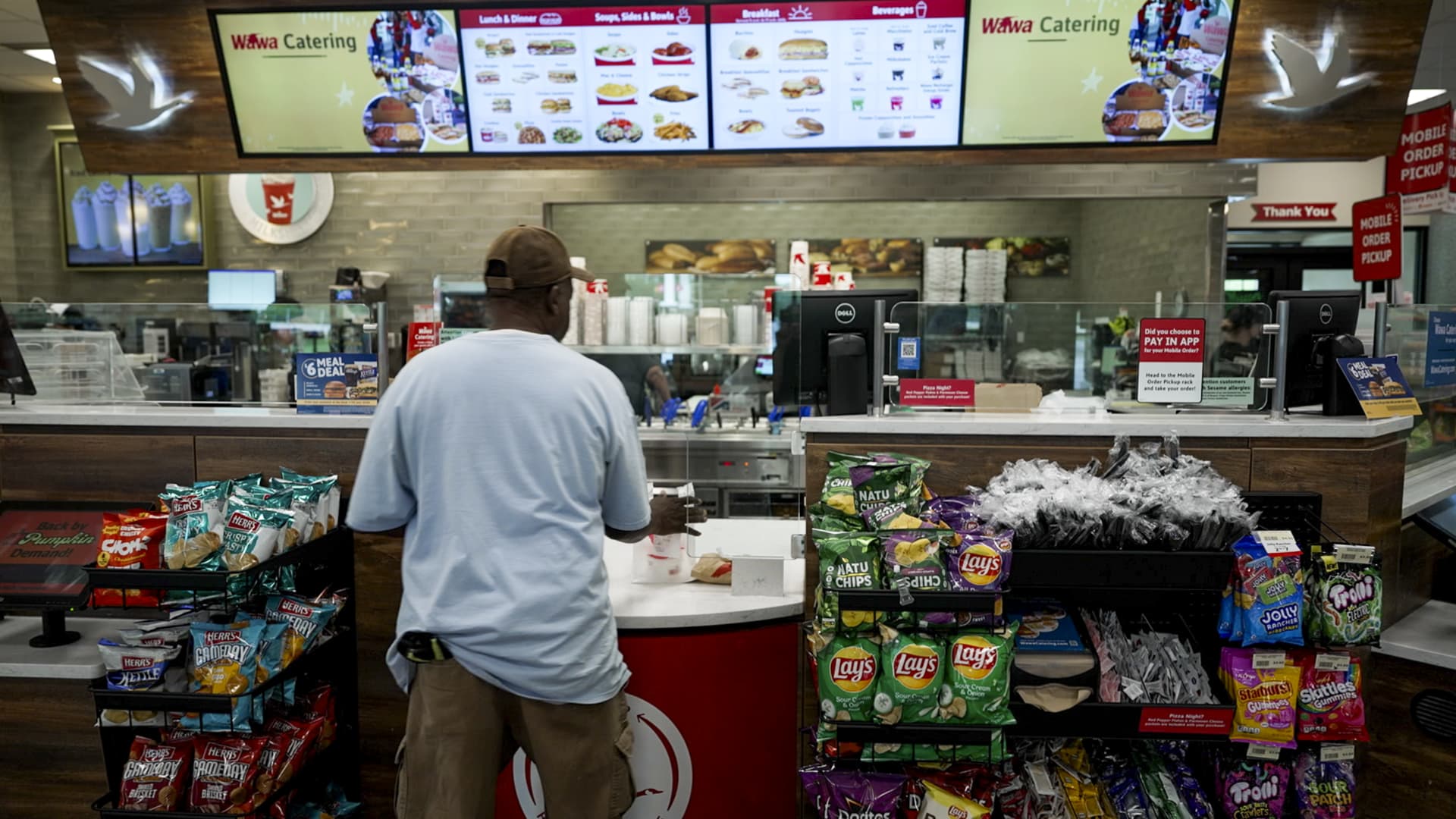Copyright Forbes

As explored in a recent column, artificial intelligence’s impact on the future of work depends less on algorithms than on leadership choices: Whether to automate or to augment, to replace workers or to redesign workflows, complementing human potential. I spoke with someone who has been at the center of this transformation, Nickle LaMoreaux, senior vice president and chief human resources officer at IBM. We discussed how AI is reshaping talent strategy, why skills are the new currency of work, the future of entry-level roles and what it really takes to build organizations where AI enhances human capability. Paulo Carvão: Nickle, as someone who has led workforce strategy at IBM through major technology shifts, do you see AI primarily as a force for economic growth or as a lever for corporate efficiency and profit? Nickle LaMoreaux: AI is both a catalyst for economic growth and a powerful lever for corporate efficiency, and the two are deeply connected. In conversations with peers and clients, one theme consistently emerges: organizations are reimagining traditional back-office functions to become true growth enablers while maintaining a sharp focus on financial performance. Functions such as HR have evolved into strategic disciplines with a clear and measurable impact on company results. One of the most powerful accelerators of this transformation is the application of AI, which enables HR to deliver insights, efficiency and innovation at scale. We’ve put this into practice at IBM. In HR, our AI agent, AskHR, accelerates the promotions process by 75% and eliminates errors entirely, down from a 14.1% error rate. That’s time managers can reinvest in client relationships, employee coaching and skill building. As Client Zero, IBM deploys our own AI and automation solutions before anyone else, proving their value internally before bringing them to market. By the end of 2025, these innovations will have delivered $4.5 billion in savings. Beyond efficiency, AI amplifies human potential. Pairing employees with AI agents enables the same workforce to deliver exponentially greater outcomes, driving revenue and creating new growth opportunities. AI isn’t just about doing things faster or cheaper; it’s about unlocking new possibilities for businesses and economies alike. Carvão: Enterprises have absorbed technology change before; this is not new. What makes AI different? LaMoreaux: The rate and pace of AI development is unprecedented; every job will be impacted, yours and mine included. The reach of AI is also significant. It will affect every industry across the globe. The half-life of technology skills, which averages 2.5 to 5 years, is now accelerating. Both employees and employers have a responsibility for upskilling and reskilling in the Age of AI. Employers must give access to skill-building and time to do it. At IBM, we require a minimum of 40 hours of education and skill building per year – last year our employees averaged 85 hours. Additionally, employers must be transparent about which skills are in demand and which ones are not. For their part, employees must take advantage of the offered educational and skill-building opportunities. Carvão: Jobs are changing fast. How are successful companies rethinking roles and workforce development to stay ahead of these changes? LaMoreaux: Successful companies continue to hire entry-level talent, redesigning these roles to keep employees engaged and motivated while offering unique learning opportunities – often involving AI. They also invest in and reward continuous learning and skill development to match the pace of technological change. Finally, they proactively redesign jobs and guide employees on how to use extra time for activities like mentoring, coaching and upskilling. Make no mistake though, job redesign isn’t a one-time exercise; to stay ahead, companies must continually revisit and iterate on how work evolves alongside AI. MORE FOR YOU Carvão: In such a dynamic environment, continuous learning is essential. How can leaders engage, motivate and incentivize employees to embrace constant change rather than resist it? LaMoreaux: The companies and leaders who get this right select, compensate and reward employees for skills development. A growth mindset is essential in the AI era, as are employees who are willing to continuously learn, reskill and upskill. But the onus isn’t just on employees – employers must do their part as well. Some companies say skills are essential, but are their recognition, pay, promotion and performance management systems supporting skill development and continuous learning? Are companies willing pay employees on their skills and learning over performance? That’s a fundamental shift that must happen to make a measurable impact on engagement, motivation and incentivization. Carvão: What do you see as emerging best practices to ensure companies cultivate the right skills and use AI to augment human talent rather than replace it? LaMoreaux: It’s a myth that with the advent of AI, humans don’t need to specialize in anything anymore. In fact, the opposite is true. Those skills that are uniquely human will become even more important as we adopt AI more prevalently in our companies. Domain expertise, for example, isn’t going anywhere. An AI agent can answer basic questions, but when you get to the complex scenarios, you need to be able to go deep – specialized skills are critical. Who will know when the AI hallucinates, for example? Employees with domain expertise. Carvão: Looking ahead, recent graduates are entering a job market in deep transformation. What advice would you give to these graduates and what should organizations consider as they bring new talent into the workforce? LaMoreaux: First, specialize in something. The need for uniquely human, domain-specific skills is only increasing. Second, you must be able to work with AI – that’s no longer a nice-to-have skillset; it’s a requirement. And finally, I believe the focus for organizations should be on internal reskilling, upskilling and culture change. Once skills become deeply embedded into your culture and continuous learning is the norm, your workforce will be truly prepared for the future of work. Why the Future of Work Still Depends on Human Choice What emerged from this conversation is clear: AI by itself will not determine the future of work; leaders will. LaMoreaux reinforces a core argument from the earlier column: companies that use AI simply to cut costs will face short-lived gains, while those that redesign work, invest in skills and keep people at the center will build more resilient and innovative organizations. Human-centered AI is an operating model. It means hiring and training for skills, not just roles. It means using AI to elevate human judgment, not bypass it. And it means recognizing that trust, expertise and culture are what ultimately scale. Our conversation has been edited and condensed for clarity.



